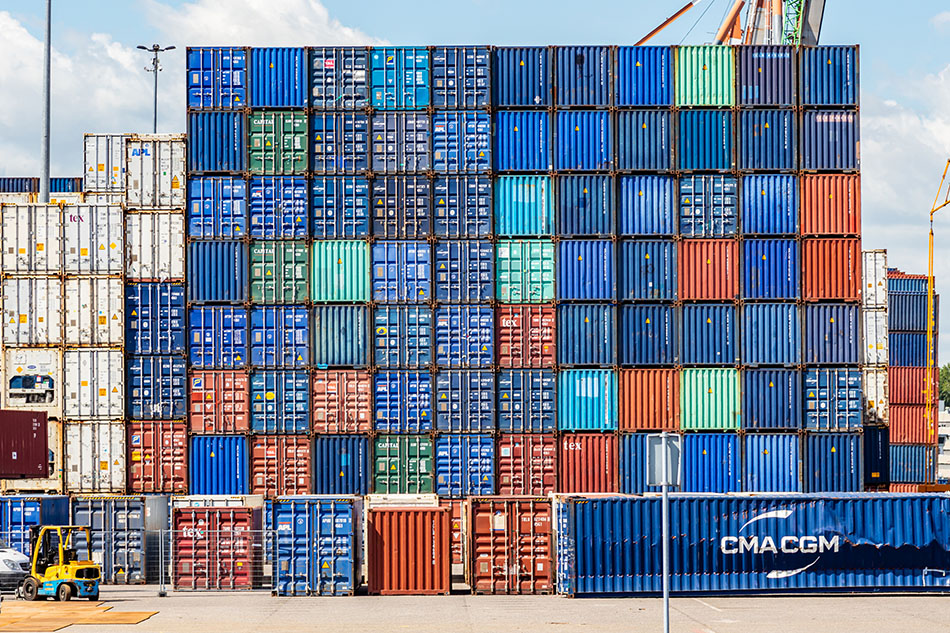
Regulatory changes could prevent the U.S. from exporting e-plastics to a number of countries. | rawf8/Shutterstock
Federal regulators are asking countries that are major buyers of U.S. scrap plastic to refrain from implementing new trade restrictions laid out in the Basel Convention, a treaty covering global scrap material shipments.


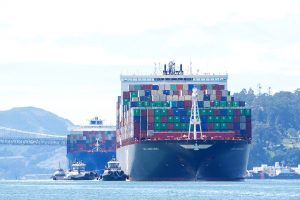 The move this month by 187 governments to alter a global waste treaty will mean further uncertainty for U.S. scrap plastic exports.
The move this month by 187 governments to alter a global waste treaty will mean further uncertainty for U.S. scrap plastic exports.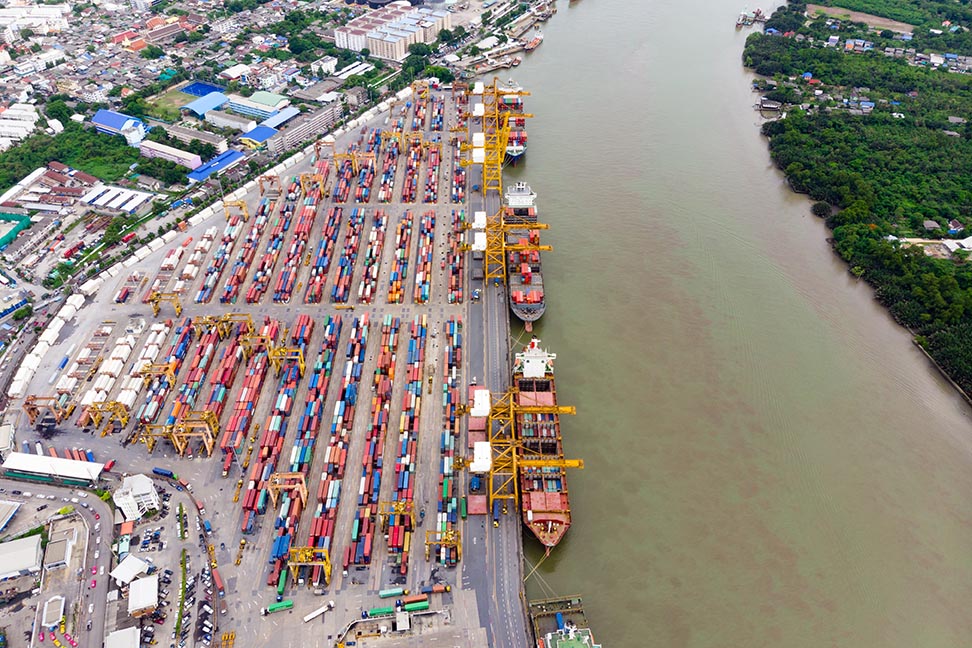
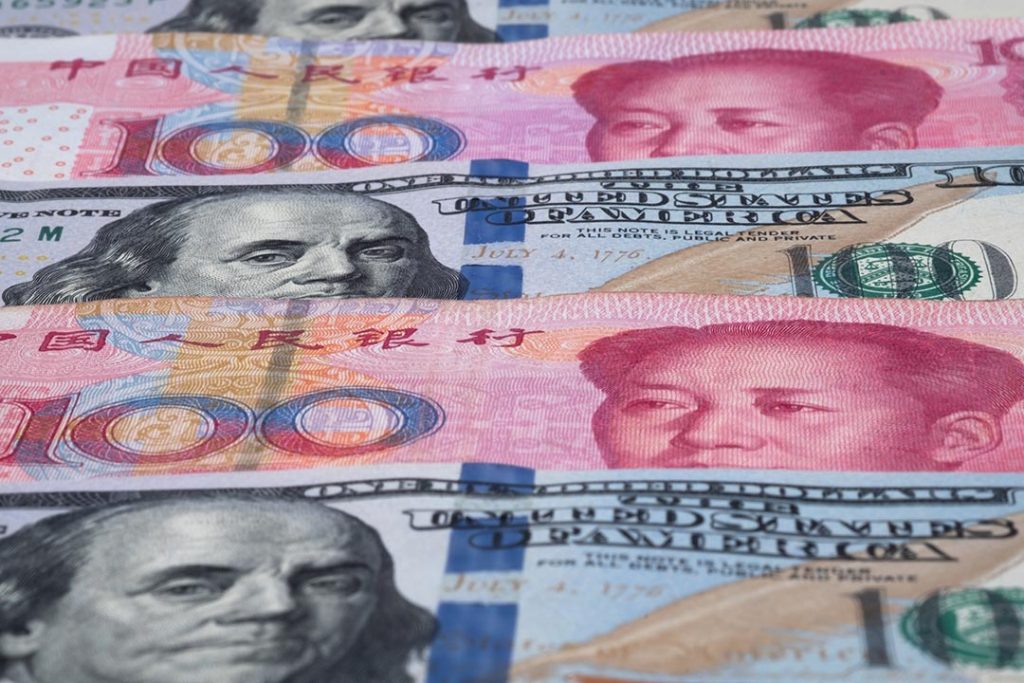 The U.S. recycling industry, including the e-scrap recycling sector, is expected to feel the economic repercussions of the escalating U.S.-China trade war.
The U.S. recycling industry, including the e-scrap recycling sector, is expected to feel the economic repercussions of the escalating U.S.-China trade war. For two years, media outlets around the globe have covered China’s National Sword recyclables import restrictions. Now, China is threatening to wield its trade sword for a different purpose: cutting off rare earth exports to the U.S.
For two years, media outlets around the globe have covered China’s National Sword recyclables import restrictions. Now, China is threatening to wield its trade sword for a different purpose: cutting off rare earth exports to the U.S.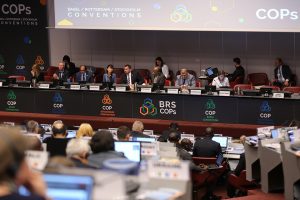 Final adoption of key international guidelines for e-scrap exports was once again punted as debate drags on over the definition of “repairable” devices.
Final adoption of key international guidelines for e-scrap exports was once again punted as debate drags on over the definition of “repairable” devices. The owners of e-scrap processor Total Reclaim have been sentenced to 28 months in prison after pleading guilty to federal charges related to their export of LCD devices to Hong Kong.
The owners of e-scrap processor Total Reclaim have been sentenced to 28 months in prison after pleading guilty to federal charges related to their export of LCD devices to Hong Kong.
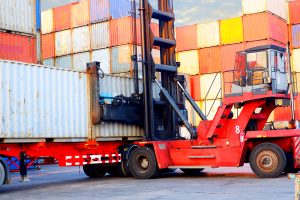 Chinese officials doubled down on plans to ban virtually all recovered material imports by the end of the year, despite opposition from U.S. interests.
Chinese officials doubled down on plans to ban virtually all recovered material imports by the end of the year, despite opposition from U.S. interests.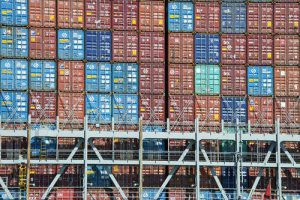 This story has been updated.
This story has been updated.